- Home
- Publications
- UK Economy Shrugs Off Omicron But Inflation Will Prove A Bigger Challenge
UK Economy Shrugs Off Omicron But Inflation Will Prove a Bigger Challenge
The Russian invasion of Ukraine is likely to drive UK inflation higher than it already would have been, impacting on the spending power of UK households particularly via energy prices. We suggest that inflation will now average 7 per cent in 2022, and GDP could be reduced by 0.8 percentage points to 4.0 per cent.
 Pub. Date
Pub. Date
 Pub. Type
Pub. Type
Main Points
- Strong economic growth is now forecast to lead to growth of 1.3 per cent in the first quarter of 2022, with the Omicron variant confirmed to have left little impact on the level of UK economic activity compared with previous waves
- With the war in Ukraine and expected long-term elevation of energy prices likely to affect the economy in the coming months, we forecast growth of 0.5 per cent in February and 0.3 per cent in March
- While the UK economy as a whole is now 0.8 per cent larger than it was before the pandemic, there are large variations across sectors. Consumer-facing services and production are still well below (6.8% and 2.0%, respectively) their pre-pandemic levels while all other services and construction are now well above (3.4% and 1.4%, respectively)
“January’s strong GDP reading confirms that Omicron had a far smaller economic impact than previous waves of Covid-19. The wholesale and retail sector recovered strongly, regaining most of the ground lost in December. Manufacturing and construction both recorded their third straight month of growth after the supply chain constraints of the summer. With inflation likely to bite more as the first half of 2022 progresses, January’s growth could be the fastest we see for some time.”
Rory Macqueen
Principal Economist, NIESR
Related Blog Posts
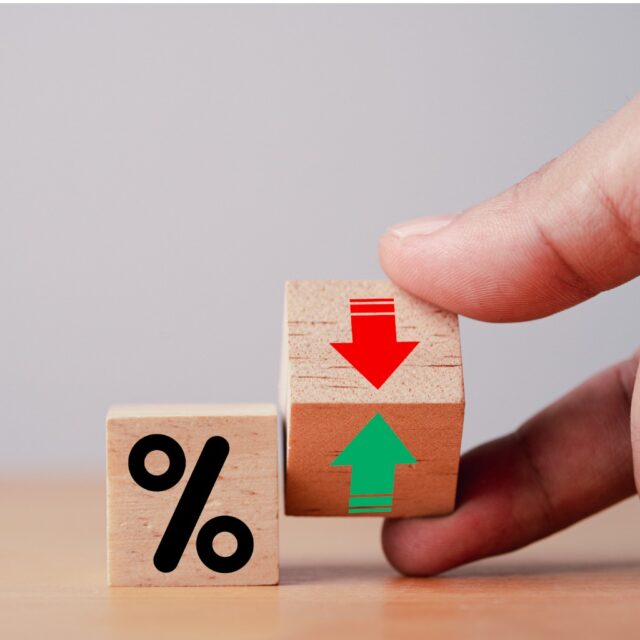
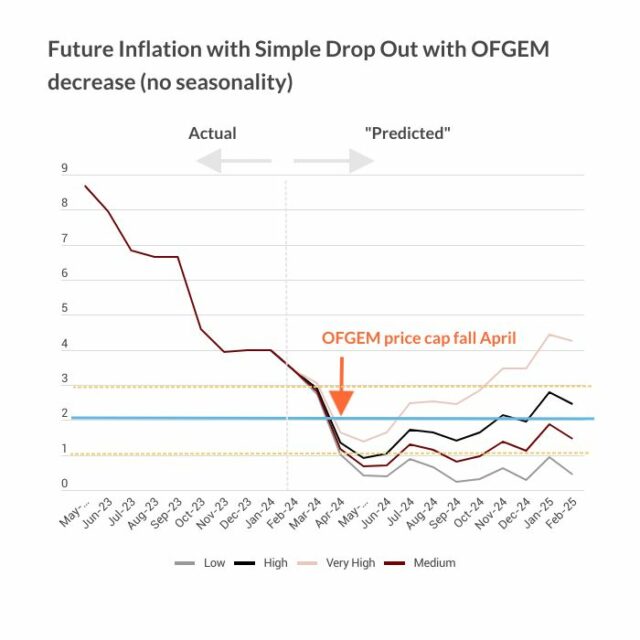

What is the Current State of the UK Economy?
Paula Bejarano Carbo
Stephen Millard
26 Feb 2024
7 min read
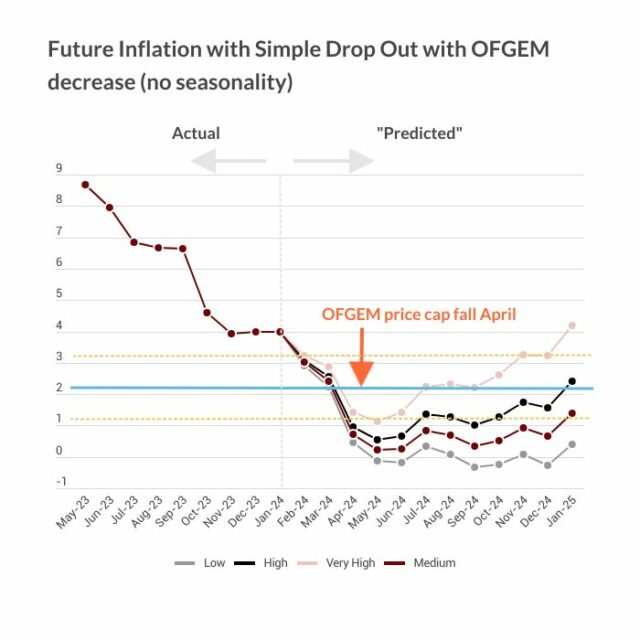
Related Projects
Related News

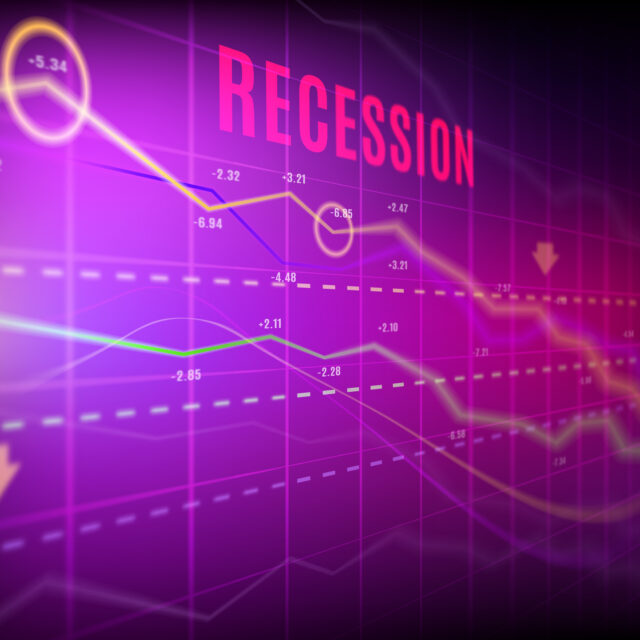
Why it’s not worth worrying that the UK has technically entered a recession
26 Feb 2024
4 min read
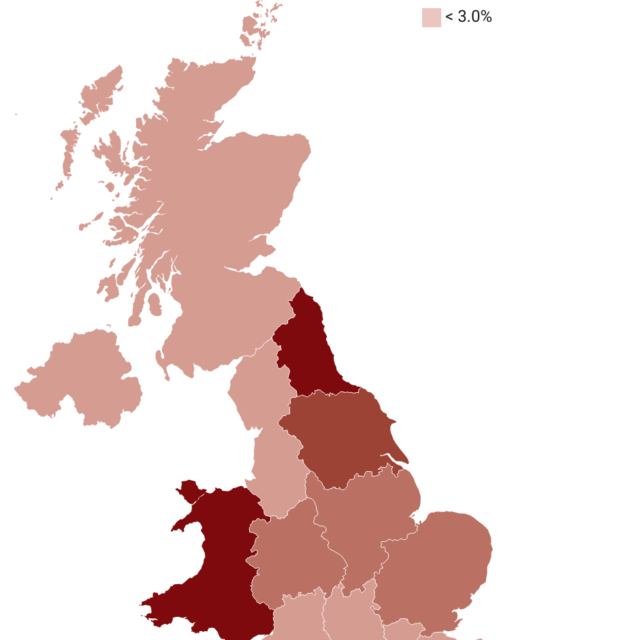
1.2 million UK Households Insolvent This Year as a Direct Result of Higher Mortgage Repayments
22 Jun 2023
2 min read

The Key Steps to Ensuring Normal Service is Quickly Resumed in the Economy
13 Feb 2023
4 min read
Related Publications
Recessionary Pressures Receding in the Rearview Mirror as UK Economy Gains Momentum
12 Apr 2024
GDP Trackers
Related events

Summer 2023 Economic Forum

Spring 2023 Economic Forum

Winter 2023 Economic Forum

Autumn 2022 Economic Forum

Summer 2022 Economic Forum

Spring 2022 Economic Forum

Winter 2022 Economic Forum
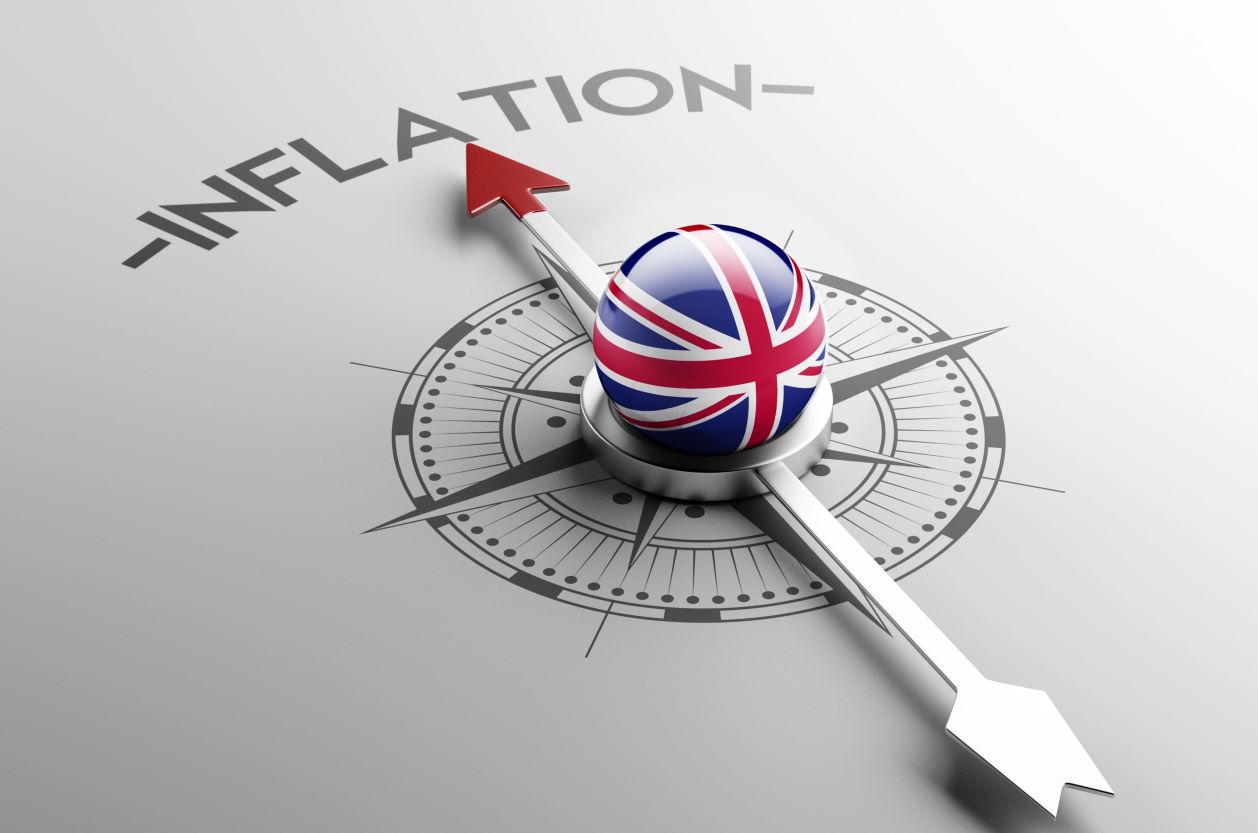
Autumn 2021 Economic Forum






